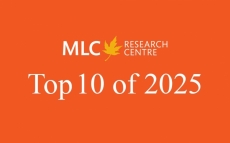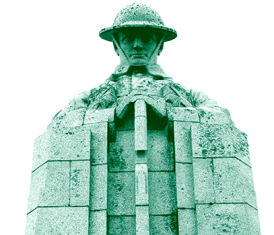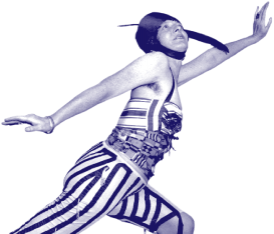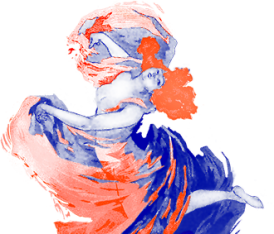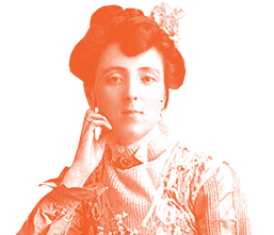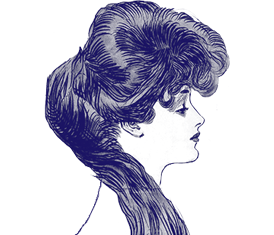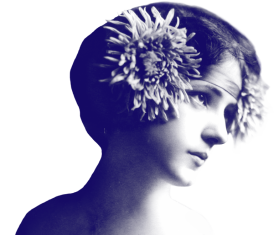HomeNews & Events2024August Call for Papers for Routledge...
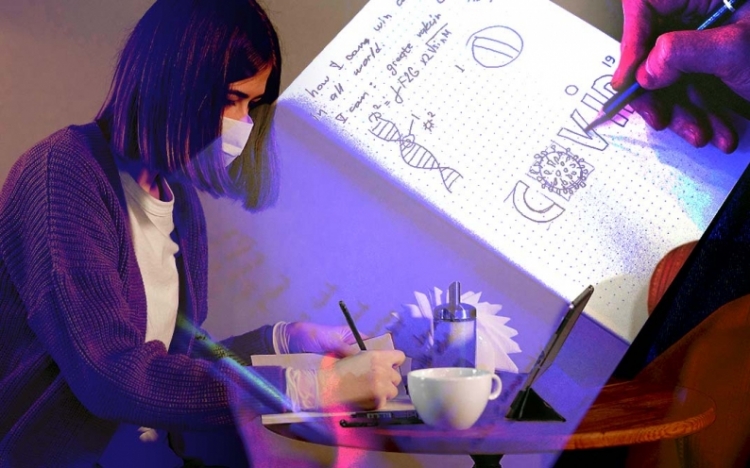
With over 775 million infections and seven million reported deaths worldwide, the COVID-19 pandemic has confronted writers, diarists, memoirists, photographers, and autoethnographic bloggers with the challenge of using life writing techniques, including storytelling, both online and in print, verbal and visual, to testify to personal experiences of lockdown, death, pain, and grief. Such storytelling articulates evolving perceptions of the personal and collective realities, the need to mourn the dead, and a desire to help readers and viewers cope with trauma and anxiety.
Despite the proliferation of personal stories about COVID-19, from Fang Fang’s Wuhan Diary (2020) to Anthony Fauci’s memoir On Call (2024), there is currently no comprehensive framework or theorizing of this COVID-19 life writing genre. This volume of essays aims to address this gap.
We invite contributors to employ life writing theories to explore a diverse and experimental corpus of works by writers, filmmakers, and other storytellers who have lived through the COVID-19 experience. How do lockdown diaries construct the narrating “I,” whether through online blogs or published books? How do first-person COVID-19 stories articulate the multiplicity of ethnic and gendered identities? How do authors experiment with auto-fiction and COVID-19 auto-theory (e.g., Salman Rushdie, 2021)?
Ultimately, what are the tactics of thinking and writing the first-person COVID-19 self from both the center and the margins of gender, ethnicity, nationality, ability, and age, to name but a few? These are just some of the questions we hope to consider in this new volume of essays exploring the diverse ways the COVID-19 pandemic has been documented, narrated, and understood through various forms and mediums of life writing.
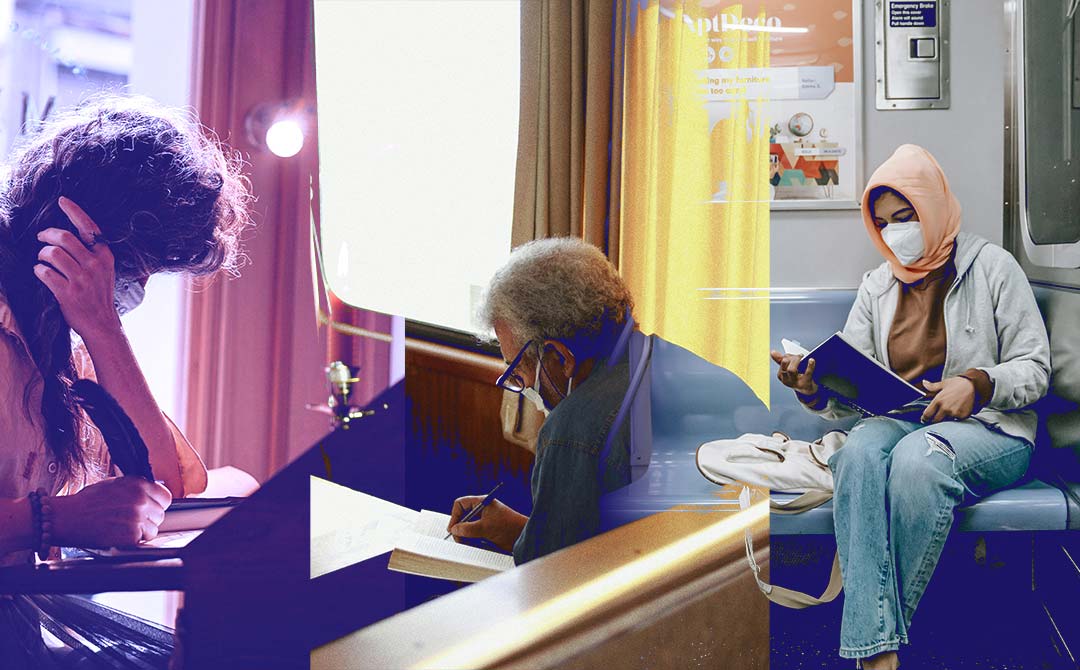
We welcome papers that engage with any aspect of life writing during the pandemic, including but not limited to:
- Autobiographies and memoirs
- Diaries and journals
- Letters and correspondence
- Digital narratives and social media accounts
- Oral histories
- Graphic novels and comics
- Fictionalized autobiographies
- Poetry and creative non-fiction
- Multimedia and multimodal storytelling
Topics of interest include:
- Personal experiences and reflections on living through the pandemic
- The impact of COVID-19 on mental health and well-being
- Narratives of frontline workers and essential service providers
- Stories of loss, grief, and resilience
- The role of technology and social media in life writing during the pandemic
- Comparative studies of life writing across different cultures and communities
- Theoretical and methodological approaches to studying life writing in the context of COVID-19
- Ethical considerations in documenting and sharing personal narratives of the pandemic
Writing COVID-19 Lives: Life Writing and the Pandemic will be published by Routledge in the COVID-19 Pandemic Book Series edited by J. Michael Ryan, subject to peer review. We encourage contributors to engage our earlier book, Creative Resilience and COVID-19: Figuring the Everyday in a Pandemic (Routledge, 2022) or any of the books in the Routledge COVID-19 Pandemic Book Series.
Submission Guidelines
Submit your brief abstract indicating your argument, corpus, method, and significance to COVID-19 and life writing studies by September 15, 2024. Papers (4,000-5,000 words plus Bibliography in Chicago style) are due by December 15, 2024. All submissions should be original and not under consideration for publication elsewhere. All essays are subject to blind peer review. Please include a brief biographical note (150 words) with your submission.
Please send your abstracts and any inquiries to both editors:




